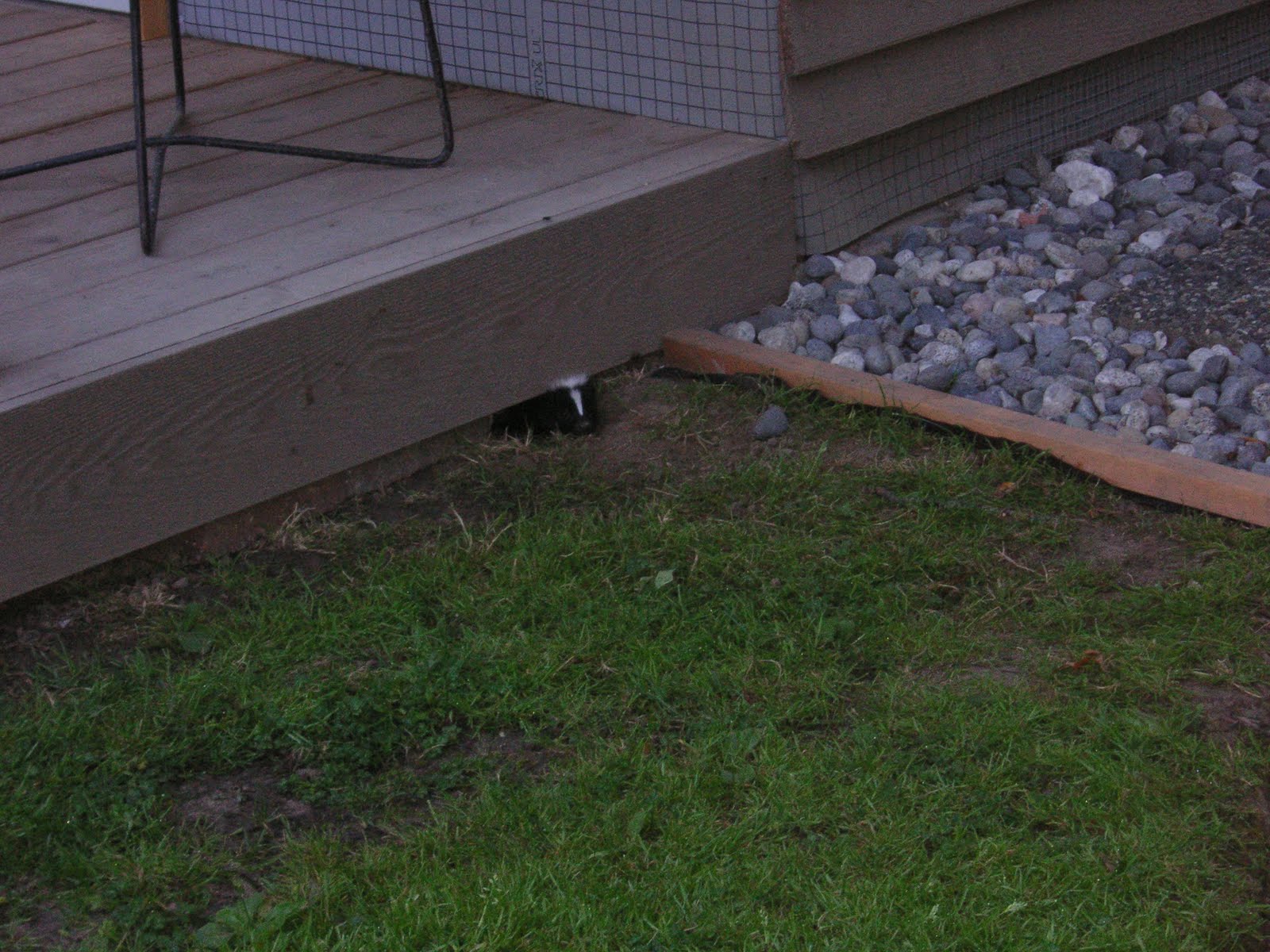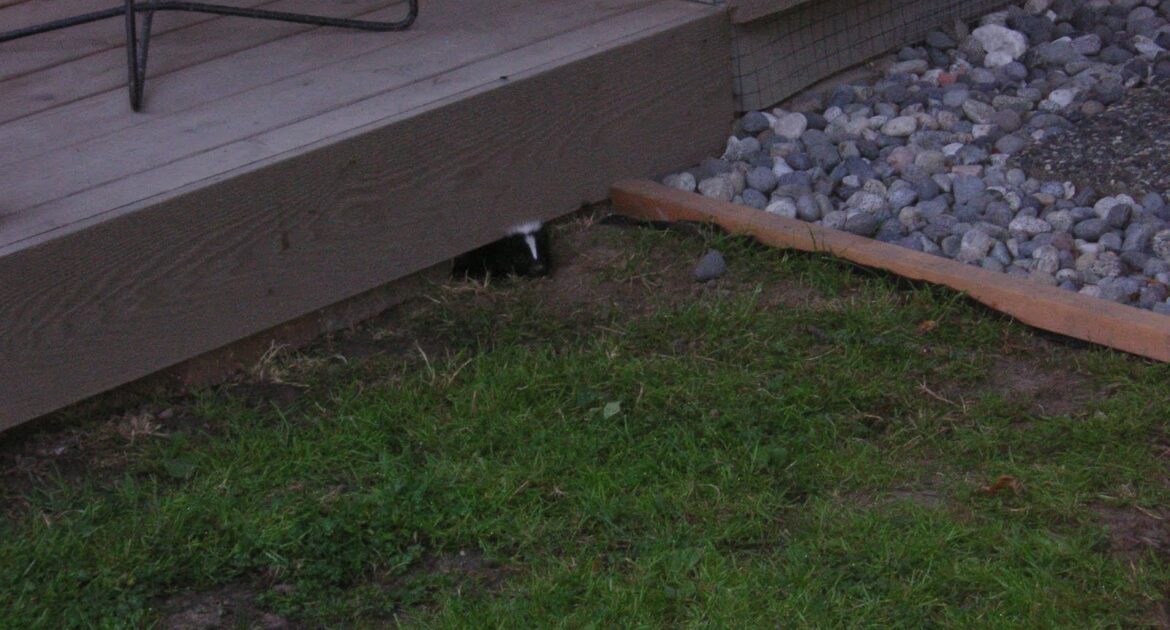Wildlife animals are cute to observe… from a safe distance. But close interactions create the risk of harm coming to you or the animal, and possibly contracting parasites and diseases. Skunks are no different as they carry diseases such as rabies. When you encounter a rabid skunk, you need expert animal control services.
A rabid skunk can be symptom-free for up to a few months. But when the disease (which attacks the animal’s central nervous system) gets into its later stages, noticeable symptoms will begin to appear. For the most part, these symptoms are reflected in strange behaviour in the animals. The five major signals that a skunk has rabies are as followed.
Roaming in The Day
Skunks are nocturnal by nature. They typically do their foraging at night and are rarely seen during the daytime. If you spot a skunk out and about during the day that is abnormal skunk behaviour that may hint at a rabies infection.
Trouble Moving
A skunk that seems lethargic is probably suffering from late-stage rabies. The disease has a negative impact on the animal’s muscles and prevents the animal from controlling its movements as the central nervous system is hijacked by the invading virus. This is also why a rabid skunk may also appear to be having seizures.
Aggressive Behaviour
A skunk that seems irrationally violent could be suffering from the late stage of a rabies infection. Animal experts often refer to this as the furious form of rabies. Experts suggest that the disease is taking over the animal’s central nervous system and causing confusion while changing its behaviour patterns.
Fearless Around Humans
Another sign of rabies infection in a skunk is the loss of fear of human beings. Skunks are naturally reclusive and prefer to stay away from people. If a skunk does not scamper away when approached it is probably suffering from late-stage rabies.
Excess Salivation
A skunk that appears to be drooling or foaming at the mouth is likely to be experiencing the later stages of rabies. This happens because the disease attacks the animal’s muscles, making it unable to swallow its saliva. Interestingly, the animal’s saliva is the vehicle through which rabies enters the victim’s body.
How the Authorities Help to Prevent the Spread of Rabies
If rabid skunks are in your area, wildlife control authorities can act by dispersing vaccination pods for the animals to eat. While the authorities can try to contain skunk-related rabies spread, it is up to you to ensure that skunks do not get the opportunity to transmit the disease to you. This means taking action as soon as you see a rabid skunk.
Expert Intervention Can Prevent Skunk-Related Rabies Transmission
Rabid skunks can infect people or animals even when they don’t portray signs of infection. The best way to ensure that you and your pet are protected from a rabies infection is to ensure that you avoid contact with all wild skunks. If you happen to spot a skunk or two on your property, get professional animal control services to handle the animals for you. If the skunk appears to be rabid then expert intervention is a must.
When it comes to humane skunk exclusion methods, Skedaddle has the winning formula. With a team of expert wildlife technicians who also have a wealth of experience dealing with skunks, Skedaddle is the ideal team to ensure that skunks do not put you at risk of contracting rabies or other ailments. Skedaddle’s comprehensive animal control services comprise of a thorough inspection followed by tactical removal and the implementation of humane exclusion strategies to keep the skunks away from your home.





